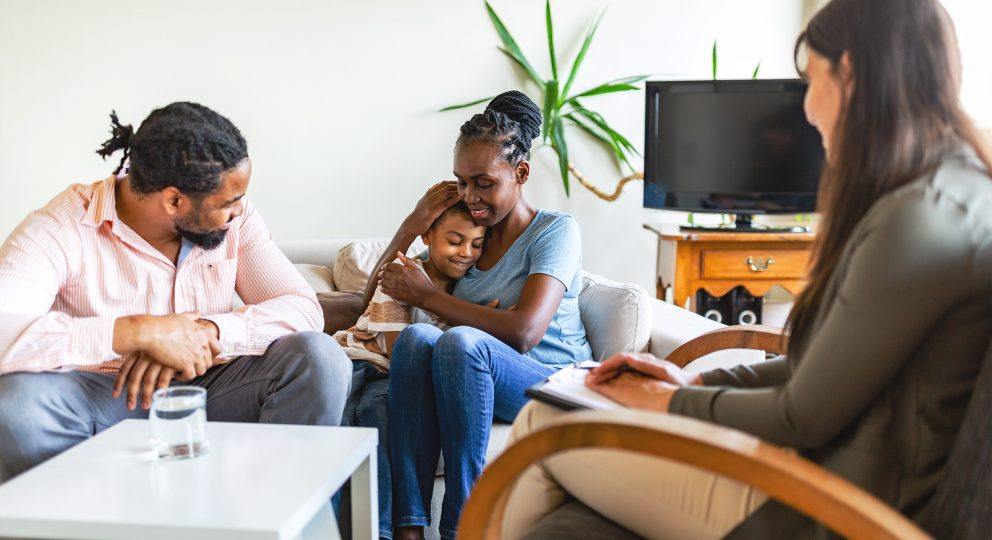In his celebrated bestseller “The Seven Principles For Making Marriage Work,” Dr. John Gottman talks about the importance of tradition in building and maintaining a dynamic family culture: creating a set of customs (“like Sunday dinner”), rituals (“like a toast after the birth of a child”), and myths (“the stories [family members can] tell themselves… that explain what it means to be a part of their group”).
In developing these traditions and their own micro-culture, families can create shared meaning. This means experiencing a rooted sense of connection through remembering the past while maintaining the flexibility essential to growing together in the future. This involves understanding, appreciating, and encouraging each other in the pursuit of personal and shared dreams.
But how can you gain this understanding and appreciation?
Dr. John Gottman encourages asking open-ended, directive questions when talking about each other’s dreams. In “The Relationship Cure,” he names one of his favorites:
“What’s the story behind that?”
Dreams, as Dr. Gottman explains, tend to come with a narrative. A narrative that the dreamer is often more than happy to share if asked by a curious listener. Show interest and you may be rewarded with a great story and a stronger connection to the storyteller.
From Hannukah tales to “A Christmas Carol,” the holidays are a time for storytelling. Across generations, characters such as Ebenezer Scrooge have made an impression. They appeal to your emotions and humanity. However, beyond eliciting laughter or tears, these characters and their stories also try to define “right” and “wrong” according to their authors’ philosophies and cultural backgrounds.
Family stories often work in the same way but can have a far more powerful effect. When members of older generations tell their personal stories, they give younger family members a gift: knowledge of their own family’s history and value system (and access to all of those brilliant inside jokes). The family stories may give newer generations an understanding of the way their teller sees themselves and their family in relation to the world.
When you share family stories, you are often able to come to a deeper mutual understanding through emotional connection. You learn about the storyteller and about yourself. You all are tied together.
Whether you are the storyteller or the listener, you often feel recognized, respected, and appreciated for your role in the family identity.
Make time for storytelling over the holidays and give each other the best gift possible—the gift of connection to family and a reinforced sense of identity, heritage, and shared meaning.
More than 1 million monthly readers look to The Gottman Relationship Blog for proven advice from mental health professionals to build happy and lasting relationships. Subscribe below to receive our blog articles in your inbox every week.










